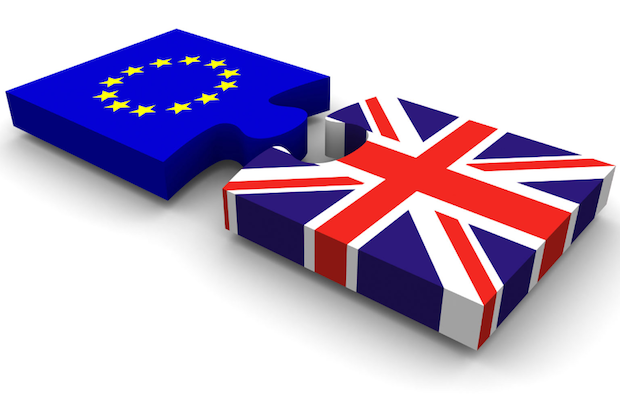As someone who works to prepare people for life in a globalized economy, the vote in the UK (which was England in particular) to exit the EU was very disappointing. Aside from the shock that the vote went to ‘Leave’, I felt very dismayed. After spending 20 years in the UK, I am proud to be a UK citizen and admired the English, Scottish, and Welsh for their resiliency, their version of democracy, their pragmatism, and their ability to adapt.
On example is that the UK willingly gave up its empire after the war, unlike some other colonial powers, with dignity. It saw the writing on the wall after the Second World War that colonialism was no longer a viable method to manage an Empire. Colonialism was no longer an option in a world that craved independence and, for some, democracy. It didn’t always work out that way, but the UK did try to prepare the colonial elites to assume leadership in their newly independent countries.
We need to be reminded that the predecessor of the European Economic Community was the European Coal and Steel Community. It was championed by a Belgium, named Jean Monet. He saw a united Europe as the only way to promote the recovery of the damaged economies resulting from the II World War, to promote democracy so that Fascism could never triumph again, and to defeat the specter of Russian expansionism and communism into the West. Its successor was the means by which Germany rehabilitated itself in the eyes of Europe. To this extent, it has succeeded in creating levels of peace and prosperity in Europe never seen before.
In terms of leadership, here was a period of both vision (appealing to the heart) as well as the head (implementing European unity).
The change in the world at the end of the war is being echoed in these days and times. When we look at the mega trends in economics, population explosion, and social change in the world today, we see that globalization has posed as much opportunity as threat to the West. The growth and future belong to the emerging economies, which are non-Western. Population growth is happening in these economies, which means that growth is in these markets. In effect, we in the West are experiencing decline. Growth is not in our future, or, if it is, it is difficult to attain and sustain.
Although many elements in our societies are profiting from the changes in the global economy, this trend has left many people behind. These are whom I term, the disenfranchised. Their jobs have been exported, and in many countries, this group feels threatened by rising immigration. It resembles, in my opinion, the huge social and economic shifts that occurred during the Industrial Revolution.
When we look at the demographics of those who voted for Brexit, they are those who are not participating in, nor profiting from, the global economy. It reminds me as well of those supporting Donald Trump in this country. It is, for the most part, those who are not participating in the new world: blue collar workers in Pittsburgh, where the steel industry has declined, coal miners in West Virginia, whose mines have closed down and who hear that global warming means we are searching for other sources of power.
The author, Frederick Forsyth, called the vote against the EU a ‘peasants’ revolt.’ He claimed that people rejected the advice of the experts and the elites. That may be the case. I reminds me of something I read and apologize for not referencing the quote: “. . .Populism loves simplicity, especially, it seems, when it’s dressed up with an impressively wacky hairdo. Boris Johnson and Donald Trump appeal to the heart,not the head. They offer simple solutions in a time of complex problems. It’s an appealing message. Think about the complicated consequences later, the thinking seems to go, for now protecting the status quo feels like a good start.”
If the saying, “all of us are smarter than one of us,” is to be believed, then the UK leaving the EU, where collective strength and power has achieved so much, may not be the best decision.
There is no doubt that Europe united is a better competitor in a global marketplace dominated by the US and China.
The times demand outstanding leadership on many levels: in the UK, to transition from the EU to an independent entity, and in the EU, to lead the reform required to maintain unity. Which brings us to the subject of leadership. Where are the elites that are required to devise a transition strategy for the disenfranchised? To incorporate them into an economy where there is no coal mining and less industrial production? What is the Vision of the future changed societies wish to create? What are the leadership qualities and competencies needed in times of uncertainty?
My wish is that leaders (with wacky hairdo’s or not) can appeal to both the head and the heart. As Bill George writes, leaders need to discover their internal compass, their ‘True North’, and communicate to those who follow them. I am waiting to hear what the ‘True North’ of both UK leaders and EC leaders is. I imagine the disenfranchised are as well.


Recent Comments